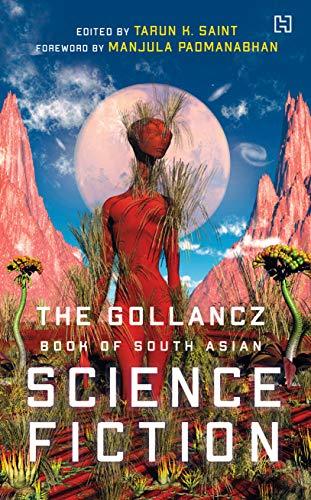What do you think?
Rate this book


424 pages, Hardcover
First published February 25, 2019
He had placed one foot inside the earth-ship’s door when Havildar Ram Sanjivan came running. “Pect-sab,” he said, “the house of the SP sa’ab asks you to bring her a heel-scrubbing stone from the moon.”In the future too the renaming culture persists e.g., Ghera Road, Sardar Patel International Airport, Bombain, Maratharashtra etc. However, it is IAF’s Sukhoi-30 taking on alien craft with indigenous Astra Air to Air missiles and not US F-16s.
The small causes courts and the High Court in Mumbai breathed the proverbial sigh of relief…When the famous case of Cawas Navroz Parsi Whiskeywallah versus the Soli Henahgir Single Malt Whiskywallah came up before the court…The vultures had come back to Mumbai in 2080, but the Parsis had disappeared.There is a sharp tongue-in-cheek commentary on the Hindu right, squirmingly accurate in all details. The author cocks a snook at the Gandhis.
The Congress, in these 70 years, had not remained idle. The party was now headed now by the Vadrites. Like the Parsis, the Gandhis had vanished, the bestowers of patronage, propounders of the doctrine of the divine right od the dynasty had disappeared.The collection ends with the inevitable future dystopian story due to climate change with the inevitable unrequited love
He’s lying in the sand, in the relentless heat. The sand half buries his old home in Lajpat Nagarand
they’d aim a rocket at the moon and name it Chandrayan, they’d tap strange machines called EVMs full of symbols like lotuses, palms and cycles to bring other humans in whose ideas they believed to power, even when they had good reason to suspect that these humans were far from trustworthyImmensely readable collection.